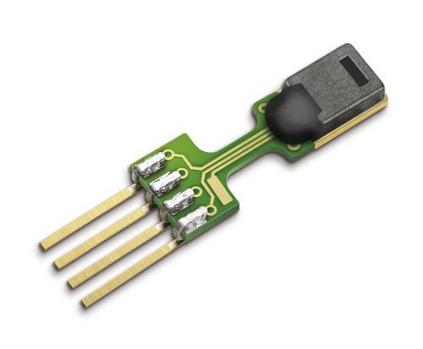A scanning pixel camera is a novel low-cost, low-power sensor that is not diffraction limited. It produces data as a sequence of samples extracted from various parts of the scene during the course of a scan. It can provide very detailed images at the expense of samplerates and slow image acquisition time. This paper proposes a new algorithm which allows the sensor to adapt the samplerate over the course of this sequence. This makes it possible to overcome some of these limitations by minimising the bandwidth and time required to image and transmit a scene, while maintaining image quality. We examine applications to image classification and semantic segmentation and are able to achieve similar results compared to a fully sampled input, while using 80% fewer samples
翻译:扫描像素摄像像像像像像像摄像机是一种新型的低成本、低功率的传感器,不进行分解,它作为扫描过程中从现场各部分提取的样本序列生成数据,在扫描过程中可以提供非常详细的图像,而以抽样率和缓慢的图像获取时间为代价。本文提出一种新的算法,使传感器能够在这个序列过程中调整取样率。这样就可以通过在保持图像质量的同时尽可能减少图像成像和传送所需的带宽和时间来克服其中一些限制。我们检查了图像分类和语义分解的应用,并能够取得与完全抽样输入的相似的结果,同时减少了80%的样本。



